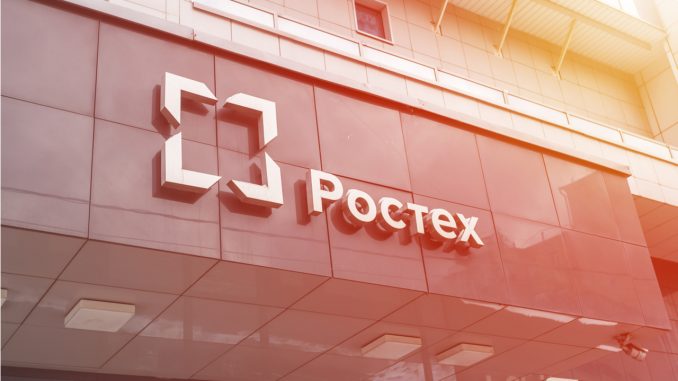
Rostec, the Russian manufacturing and technology conglomerate, has developed a system allowing the processing of international settlements and storage of digital currency. The blockchain-based platform has been announced as an alternative to SWIFT, which is unavailable for some Russian banks.
Rostec Employs Distributed Ledger Technology to Substitute SWIFT
Russian state-owned corporation Rostec has built a platform using blockchain technologies to facilitate international settlements between Russia and its partners and the storage of digital currency. CELLS is intended as an alternative to the global payment messaging system SWIFT, from which a number of Russian banking institutions have been disconnected as part of western sanctions.
Russia has been increasingly cut off from global finances, foreign currency reserves, and traditional payment channels as a result of its invasion of Ukraine. The government in Moscow has been trying to transition to payments in national currencies such as the ruble and the yuan in its trade deals, and is also considering the possibility of using cryptocurrencies for international settlements. This, as Russia’s largest companies and importers are facing difficulties in their U.S. dollar payments.
According to Rostec Executive Director Oleg Yevtushenko, “a digital payment system based on a blockchain platform can be used as a full-fledged replacement of SWIFT, providing high speed, secure and irrevocable transactions.” Quoted by RBC Crypto, he added that CELLS will make it possible to switch to settlements in national currencies, eliminate the risk of sanctions, and ensure the independence of Russia’s national financial policy when it comes to clearing.
CELLS is a product of the Novosibirsk Institute of Program Systems (NIPS). Its designers wanted to create a complete ecosystem of software products and services based on distributed ledger technology (DLT) that enables international payments, multicurrency transactions, user identification, and digital currency storage, the report details.
The system will be expected to process up to 100,000 transactions per second with the option to increase its capacity in the future. Based on CELLS, a data storage system, a platform for creating web applications, a “digital passport” service, a “digital housing and communal services” system, and other solutions will be implemented, the creators promise.
Do you think Russia will be able to successfully substitute SWIFT with CELLS in its international trade relations? Share your thoughts on the subject in the comments section below.
Image Credits: Shutterstock, Pixabay, Wiki Commons
Disclaimer: This article is for informational purposes only. It is not a direct offer or solicitation of an offer to buy or sell, or a recommendation or endorsement of any products, services, or companies. Bitcoin.com does not provide investment, tax, legal, or accounting advice. Neither the company nor the author is responsible, directly or indirectly, for any damage or loss caused or alleged to be caused by or in connection with the use of or reliance on any content, goods or services mentioned in this article.






Be the first to comment